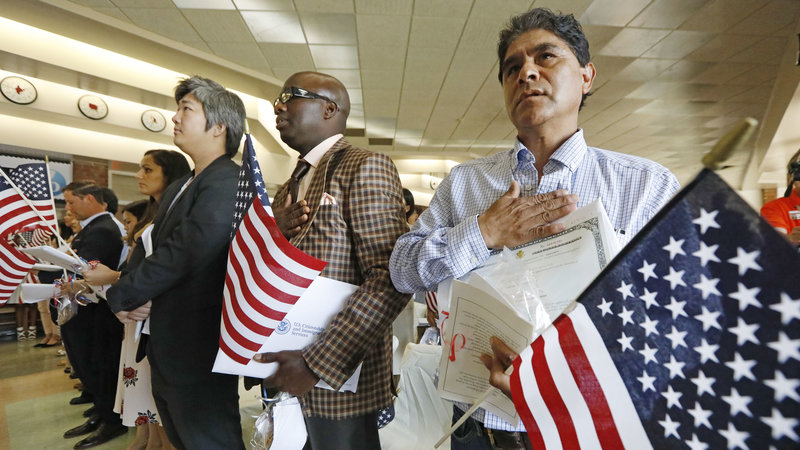Citizenship for Sale
September 29, 2018 | Expert Insights

As worldwide migration is on the rise, countries are offering the rich and wealthy a quicker path to residency, and in some cases citizenship.
Background
The pace of global immigration has accelerated since the 18th century. Manning distinguishes three major types of immigration as labor, refugee and urbanization. This phenomenon began in the Industrialization period in Britain and spread to rest of the world and continues to this day in many areas.
Europe is at the center of a crisis sparked by migration. In 2015 alone more than a million migrants and refugees crossed into Europe. A number of countries in the continent struggled to handle the influx of people entering their territories. Countries within the EU have had disagreements on how best to deal with the problem.
Populist politics has gripped the continent with democracies succumbing to the pressure of anti-immigrant, nationalist groups. The recent Euro Summit sought to address the looming refugee crisis by creating ‘regional disembarking platforms’ in North African countries like Algeria, Egypt, Libya, Niger, Tunisia and Morocco. They also agreed to increase investment in these countries in order to support the migrant processing centers.
Read more of our immigration coverage here and here.
Analysis
Countries across the world are concerned about the increase in immigration and are considering various ways to curb it. Even in the case of refugees, many countries are becoming less interested in opening their borders. However, for the foreign-born wealth, there is another avenue available. Investment migration, where citizenship is essentially purchased, is becoming an increasingly popular option for the affluent. Over a 100 countries offer residency through investment, with over dozen also offering citizenship.
In the United States, the EB-5 visa allows an individual to gain residency by investing at least $1 million, or $500,000 if it is an area that is deemed to be facing high unemployment. Lobby group Investment Migration Council (IMC) estimates that around 5000 people use this option each year to gain citizenship, and another 10,000 use it to establish legal residency. However, growing demand from more populous countries has resulted in increased wait times, with waitlisted Chinese investors now expected to wait for almost 18 years.
Given the heightened tensions around immigration around the world, critics are disapproving of a system that benefits only the wealthiest strata of society. Despite the small numbers – investment migrants made up less than 1 percent of immigrants who received U.S. citizenship in 2016 – the backlash has been swift. The other criticism of this model is that it enables individuals involved in illicit activities to buy citizenship, raising further backlash. St. Kitts and Antigua and Barbuda have attracted criminals who are accused of absconding with large amounts of money and have subsequently found a safe haven through citizenship in these countries. The EU has condemned this practice and retracted its visa-free travel privileges to several of these countries.
The IMC argues that there is merit to the investment migrant system. It allows for small countries to boost their economies. Attracting wealthy investors will also prompt further investment in the country, helping to build up its industrial capacity. The IMC also argues that the system promotes globalization through the free movement of people who would otherwise be unable to travel visa-free. The IMC also shows that countries offering investment migrants are themselves keen on preventing criminals from misusing the system, and are working actively to improve its evaluation criteria.
Assessment
Our assessment is that investment migration is unlikely to disappear anytime soon. We feel that the wealthy have the means to purchase citizenship and as long as the countries are willing, this is a mutually agreed upon transaction that does not need to be impeded. We also feel that one of the underlying causes of this is the increasingly cumbersome, and sometimes unfair, hassle of travelling without visa-free privileges. We think that enabling smoother travel will reduce the demand for foreign-citizenship.








Comments